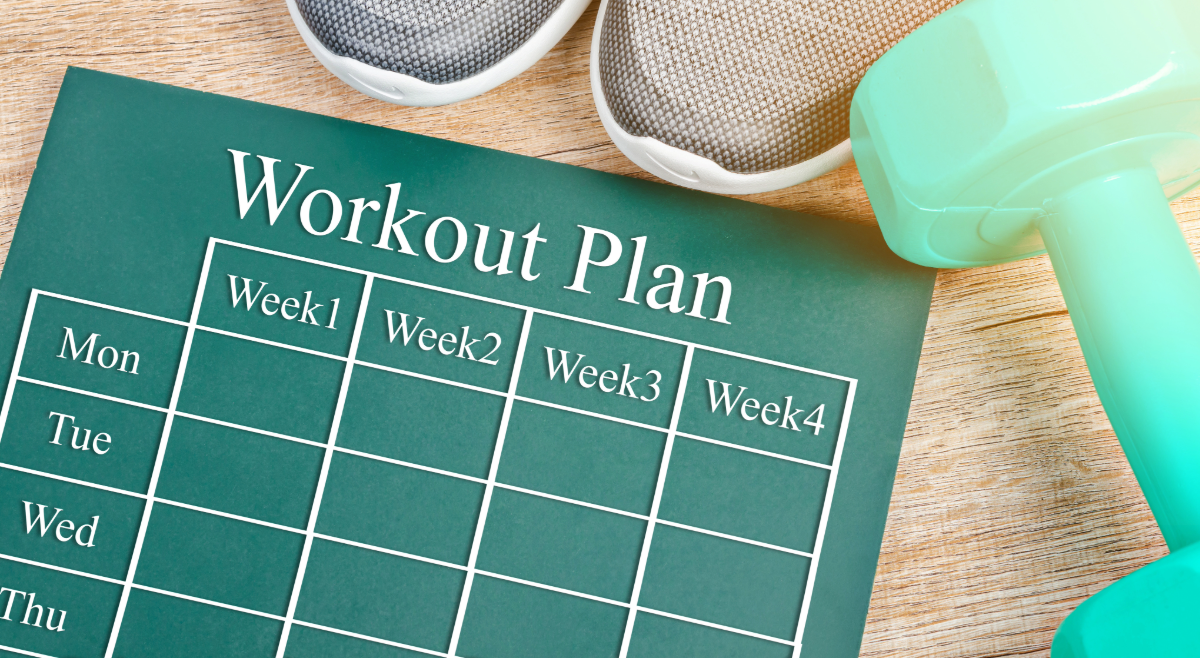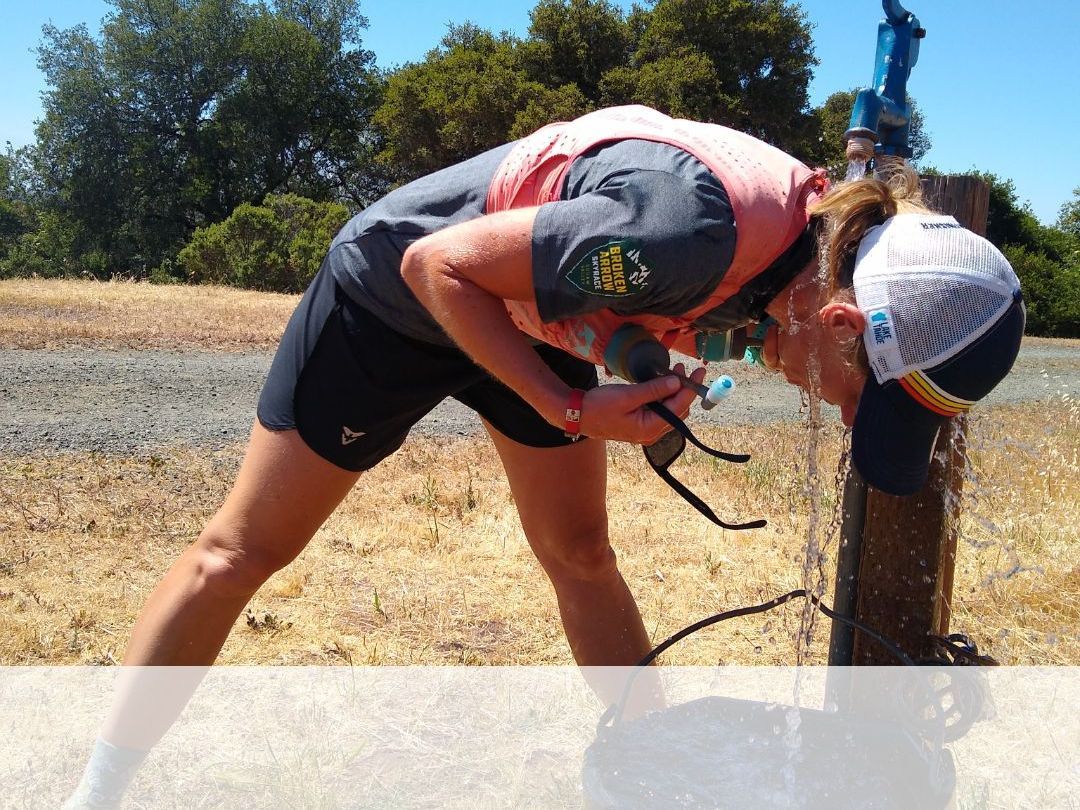Coach-Athlete relationship
Having a good relationship with your coach/athletes is important

The coach-athlete relationship is a two way street. It is important that the coach is there for the athletes as they need them. But also there is a level of self sufficiency expected from the athlete on the other side. I’ll explain what I mean by that later. This is more of an analysis of what I’m looking for in athletes or eventually coaches (when I’m looking for one myself).
Athlete
As a coach, what I’m looking for in athletes is that they are willing to communicate openly. I consider communication being one of the most important building blocks. Why is that?
- First and foremost the athlete should communicate all the goals, that shouldn’t be met with discouragement but rather encouragement from the coach
- Second would be letting the coach know if there is anything hindering the training. Such as schedule changes or possible injuries, when the work amount needs to be adjusted
- Third point in my opinion is that the athlete should be encouraged to think for himself.
The training might be designed in some way to establish the proper development towards the athlete's goals. But again we are returning to point #2, when there is a problem and the athlete needs to do some adjustment on the flight to the scheduled workout, he should be encouraged to. Simple example would be when the athlete is tired from previous sessions, he would go ahead and dial back the overall load on a scheduled session. Or rather do a recovery type of workout rather than pushing through and digging a bigger hole. - Four, a very important point is to know where you are and what kind of skills you have. Don’t be discouraged by other athletes' level of sport activities. If you are starting or coming back after a longer break it is good to start from zero and slowly climb up, seeing the progress rather than start too high and not be able to keep up with the training.
Many times I’ve encountered athlete’s that are too goal oriented and are pursuing it by any means necessary. And here we come to the coaches responsibility to diligently analyze the athlete’s workouts and spot when the athlete might be going way above his ability to recover. The more feedback after the workout the coach gets, the better the next workout could be. If you are not telling the coach how you are feeling and how it went, the coach can’t prescribe an adequate level of the subsequent workouts. Also if you are feeling any pain during the workout it is good to speak with the coach and find the best way to train without the pain.

Coach
As mentioned above, a coach should be the guide for the athlete. Providing a vision on how to achieve their goal. While sharing the structure with the athlete, the coach becomes a kind of a guide. During the first weeks of the training process the coach should be able to set or reset the expectations. But this shouldn’t happen in a dictatorial way. As such the coach should be presenting the following personality traits:
- Compassion - needs to understand the athlete and his position in different situations
- Flexibility - the training program should not crumble because the athlete needed to skip couple of workouts
- Firmness - should be able to push the athlete reasonably
- Organized - a good system gives the athletes a support system, where they know what to expect and when.
- Attentive - providing feedback and examining the workout outputs as well as subjective notes from the athlete. Using the cues to adjust training.
All in all the relationship needs to be mutual. You could pull it through as a type A athlete, but if there is no personal connection I think you’d miss out on a lot.
Also everyone starts at different starting points, and everyone is different. What would work for Wik (my husband) , wouldn’t work for me and there shouldn’t be a cookie cutter approach for both of us. So athletes shouldn’t be comparing themselves against their peers, rather compare yourself against “yesterday’s” you.
If you are looking for a coach, send us a message and we can hop on a call to see if it would work.
Blogging with the stumps


